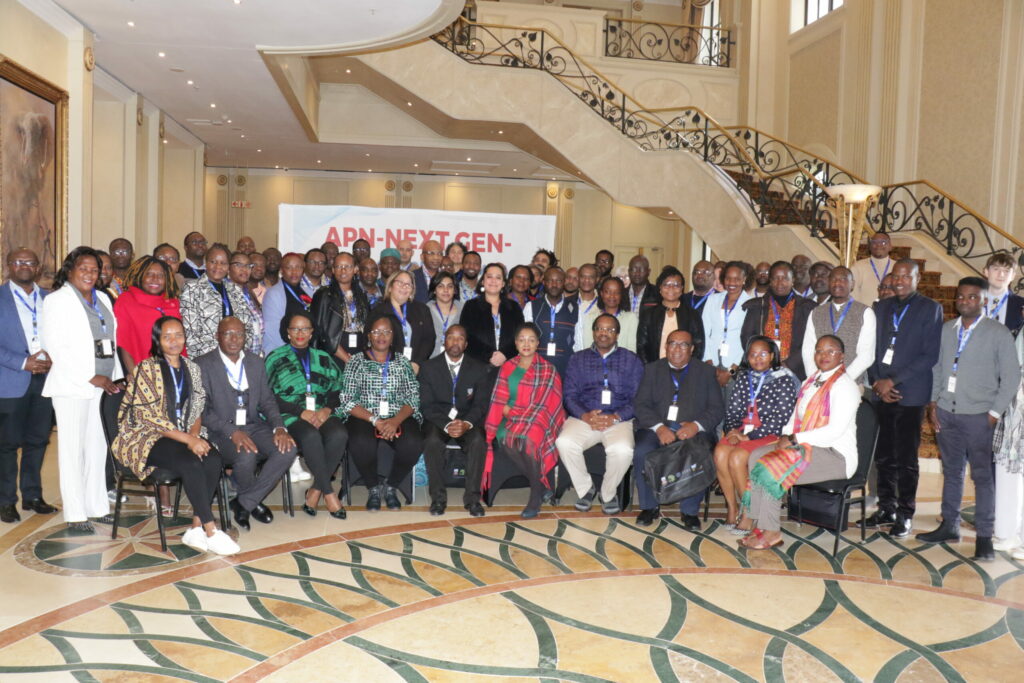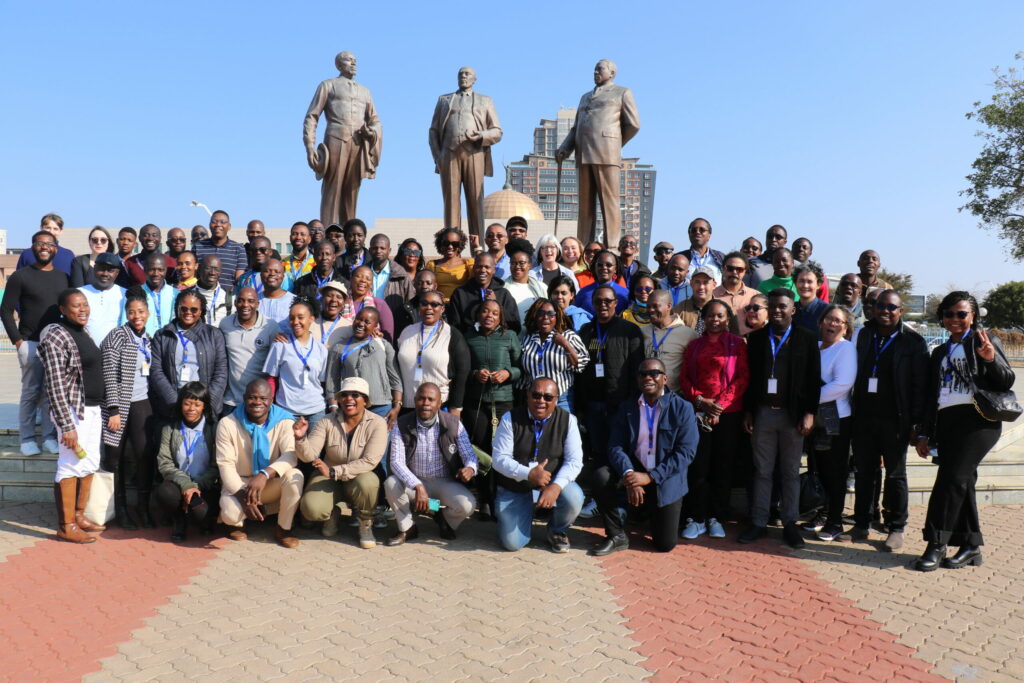What Can Linked Administrative Data Sets Teach Us About Eviction And Poverty In America?
The report leading to the creation of the SSRC in 1923 outlined several major challenges for social science: data collection, interpretation, measurement, and causality. This lecture will explore the extent to which newly available administrative datasets — linked together to create what is sometimes referred to as “big data” — can help address these challenges and contribute to our understanding of the causes and consequences of eviction and poverty in the United States. The lecture will draw heavily on a study of eviction in Chicago and New York, which is joint work with Robert Collinson, John Eric Humphries, Nick Mader, Davin Reed and Daniel Tannenbaum.






